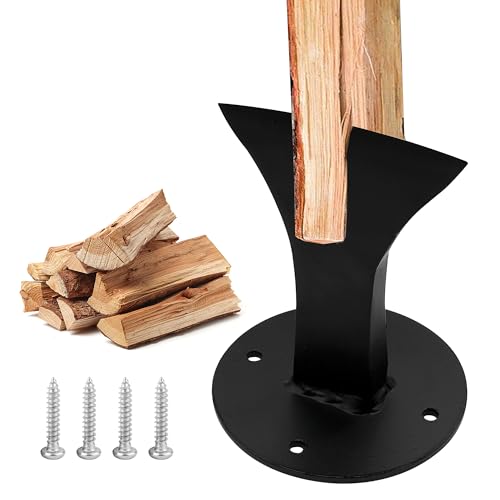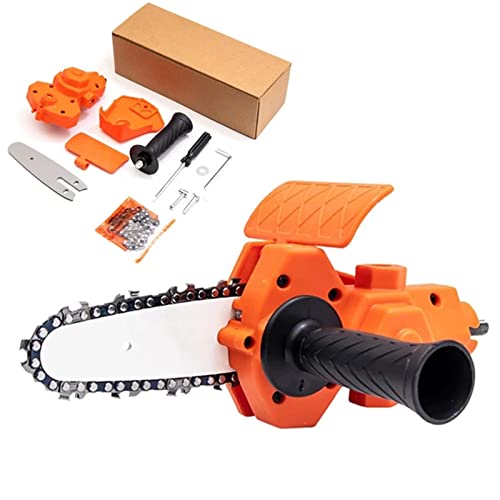Apologies to the OP, not trying to hijack the thread so last response.
The answer is yes and no. The tubes I mentioned were only the new in box..there were 3 times as many loose ones that needed to be tested. Very time consuming as some require 2 to 3 different tests and if one fails..no good.
Between retirement from the Air Force and retirement from Boeing, dad taught electronics at a vocational school. He was into Ham Radio and electronics all his life. Taught Ham Radio license classes, electronics, crystal trouble shooting, electronics theory, digital fundamentals as well as other classes in the basement for other Ham Radio enthusiasts. He also repaired Ham Radios in the basement for Hams and they sent him rigs from all over the US and some outside the U.S. He specialized in Collins radios.


The amount of electronics was massive. Dad also helped Ham Radio widows with their estates and often there was left over stuff that just got added or often he would buy the whole estate. I sold some popular tubes but the task of cataloging and testing loose tubes was daunting. The ads just generated thousands of questions.."Will this work in my Kenwood Ham Radio xxxxx?" Etc. I took a minimum of 10 totes and rented 2 tables for over 10 years at the yearly Ham Radio and electronics swap meet.

Very hard sell. People don't work on stuff as much. A lot of people have gone digital. Ham Radio people are cheap ***** in general and are always trying to low ball you. Plus with Hams similar to dad passing away, the market is flooded with huge estates like dad's. I barely made my table money back, definitely not my time and labor..first several years the money went to mom. I still have 10 totes loaded in the garage for this next year. I've kept some stuff for my own workshop, but dad had accumulated a massive workshop. There was over 1000 lbs of transformers that my scrap friend took...some were oil filled.
FYI..yes there's a ton of hardware, shrink tube, nuts and bolts..enough that I don't need to go to the hardware store.
So to answer your question..its a burden and time spent sorting and doing inventory was massive and ongoing.

































































